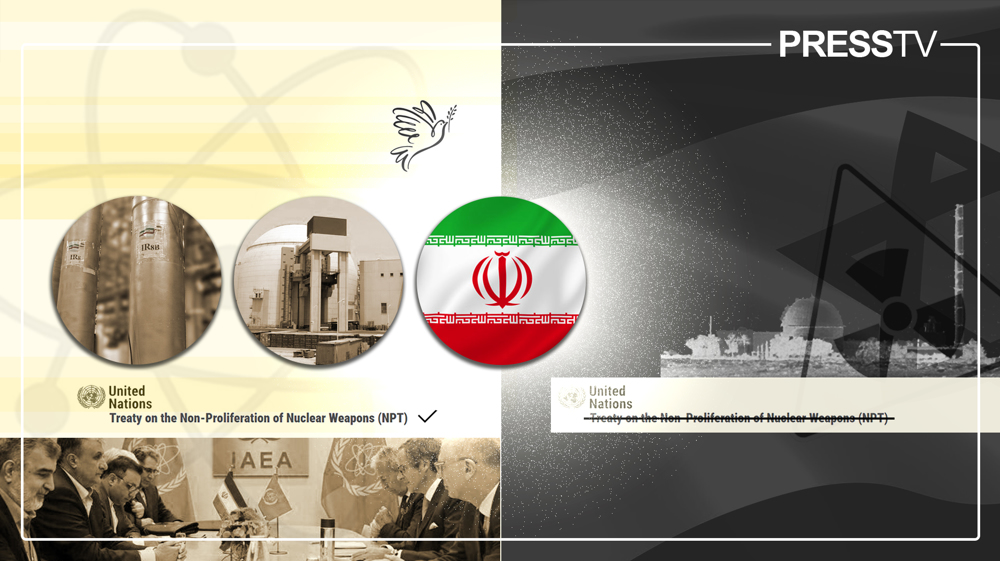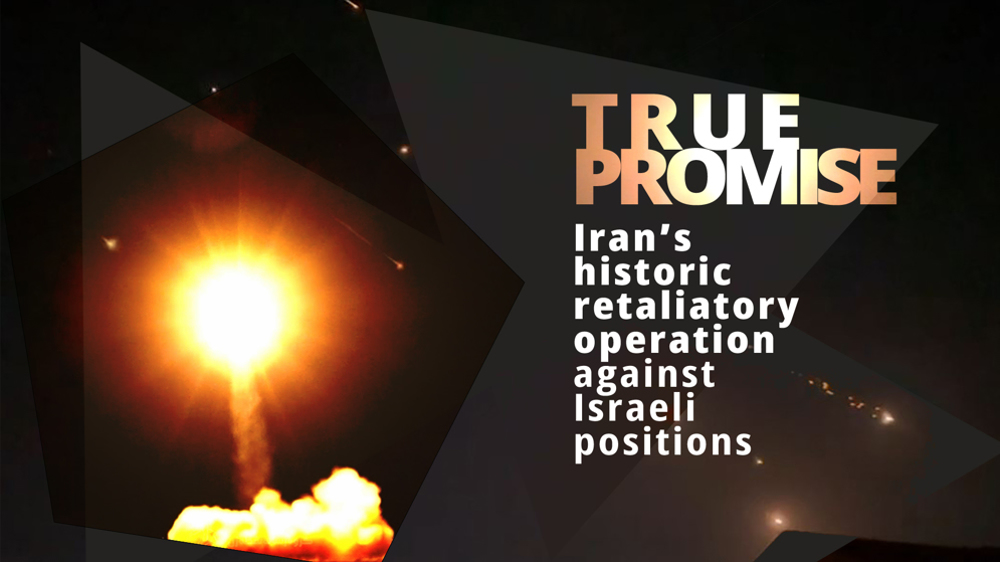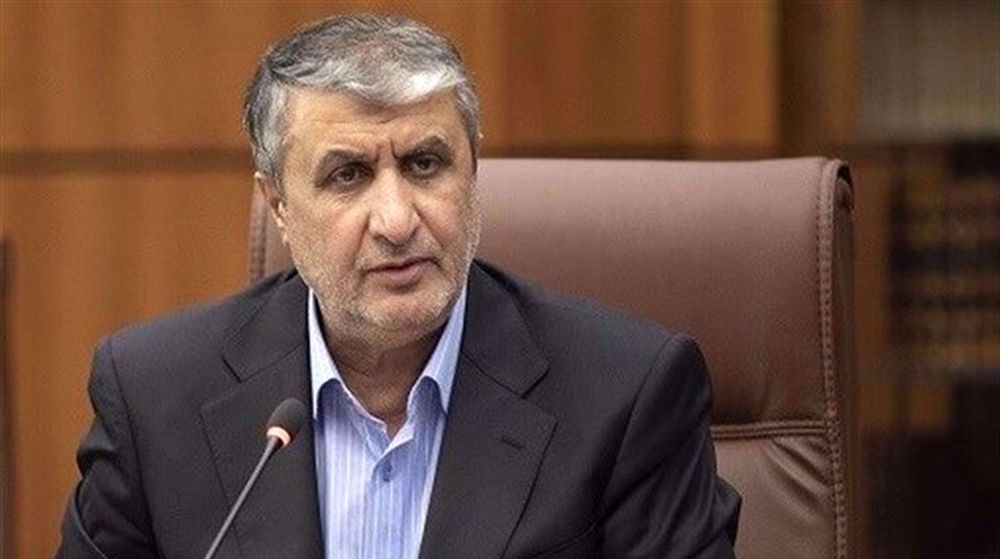Iran: Drafting nuclear deal to start next week
Iran says the Islamic Republic and the P5+1 group of countries are to start drafting a final accord on the country’s nuclear program next week.
Iran’s Foreign Minister Mohammad Javad Zarif said in Madrid on Tuesday that the seven countries are to start drafting the deal on April 21 in the presence of the EU foreign policy chief Federica Mogherini. The senior Iranian diplomat is in the Spanish capital on a one-day visit at the invitation of his Spanish counterpart José García-Margallo y Marfil.
Zarif defended Iran’s right to the use of peaceful nuclear energy, insisting that the West’s sanctions against the country over its nuclear activities have never been an efficient means.
The pressures resulting from the bans have been imposed on and targeted the general Iranian public, he said, noting that patients and drug provision have been targeted by the oppressive sanctions.
“This is while some in the United States and Europe view sanctions [policy] as a capital, which is an unrealistic and inefficient perspective. This approach prevents them from taking steps towards achieving an agreement with serious resolve,” Zarif said.
“Pressure is always damaging and unconstructive and cannot be helpful in the process of reaching a comprehensive agreement.”
Iran and the P5+1 -- the United States, Russia, China, France, Britain, and Germany -- reached a mutual understanding on Tehran’s nuclear program in Lausanne, Switzerland, on April 2.

The two sides are expected to start drafting a final inclusive deal, which they seek to sign by the end of June.
According to the joint statement, which is considered the basis for a final nuclear deal, the two sides have devised a mechanism to lift anti-Iran sanctions after the agreement, known as the Joint Comprehensive Plan of Action (JCPOA), is reached.
German Chancellor Angela Merkel has also called for an early end to the sanctions against Iran. "I'm in favor of lifting the sanctions as soon as possible," Merkel told a press conference in Berlin following talks with visiting Indian Prime Minister Narendra Modi.

The country’s Foreign Minister Frank-Walter Steinmeier has announced that he has spoken with a number of US senators, asking them to not present "obstacles" to future negotiations. "Regarding the Iranians, as I said, we're in the middle of a process right now. And I also said this to some US senators, that they should not try to give us obstacles to our future negotiations.”
Also on Tuesday, US Secretary of State John Kerry spent a second day urging lawmakers on Capitol Hill not to interfere in the Iran nuclear talks. The top US diplomat provided a comprehensive argument on Tuesday for why lawmakers should let the White House move ahead with the Iran deal without congressional involvement, House of Representatives Democratic lawmaker Jan Schakowsky told reporters.
The US Senate Foreign Relations Committee has unanimously approved a bill giving Congress authority to reject a final nuclear agreement. The bill now goes to the Senate floor.
Having had threatened to veto it in its original form, US President Barack Obama has withdrawn his opposition to the bill.
It sets up a 30-day congressional review period and requires the administration to regularly update Congress on Iran's compliance. During that period, Obama could not waive any sanctions that Congress has levied on Iran.
HN/MHB/AS
Iraqi resistance forces hit Israeli Ovda air base
Hackers break into Israeli military’s computers, access trove of documents
Tulkarm Brigade commander killed by Israeli forces in raid on refugee camp
Zionist media desperately trying to turn Israeli defeat into victory: Iran
VIDEO | Press TV's news headlines
Iran censures US veto of Palestinian request for full UN membership
Over 14,000 kids killed in Israel’s war on Gaza: UNICEF
VIDEO | Iran’s National Army Day marked at the Iranian embassy in Moscow










 This makes it easy to access the Press TV website
This makes it easy to access the Press TV website